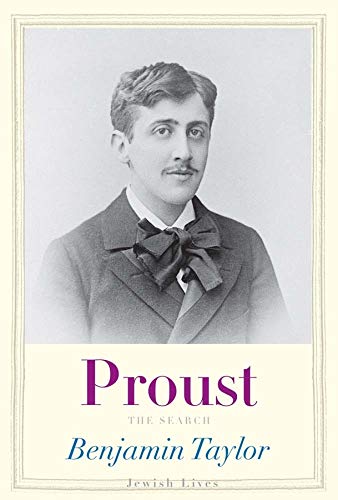-
Книги
- Нонфикшн
- Гуманитарные науки
- Деловая литература
- Естественные / Точные науки
- Книгоиздание
- Лайфстайл
- Словари / Энциклопедии
- Художественная литература
- Детектив
- Драматургия
- Классическая проза
- Мифология. Эпос
- Поэзия
- Собрания сочинений
- Современная художественная проза
- Фантастика. Фэнтези
- Биографии / Мемуары
- Графические романы / Комиксы
- Детские книги
- Воспитание. Педагогика
- Детский досуг
- О детских книгах
- Познавательная литература
- Художественная литература для детей
- Журналы / Зины
- Архитектурные
- Гуманитарные
- Журналы о моде
- Зарубежная периодика
- Искусство / Фотография
- Кино / Театр
- Лайфстайл
- Книги «Подписных изданий»
- Книги на иностранных языках
- Английский язык
- Испанский язык
- Итальянский язык
- Книги на иностранных языках для детей
- Немецкий язык
- Финский язык
- Французский язык
- Шведский язык
- Книги о кино
- Книги о музыке
- Книги о средневековье
- Книги о театре
- Книги о фотографии
- Книги об искусстве / Книги об архитектуре
- Альбомы по искусству
- Архитектура
- Декоративно-прикладное искусство
- Живопись
- Искусствоведение
- Орнаменты
- Прочее
- Танец
- Татуировка
- Творческое развитие
- Книги по философии
- Кулинарные книги
- Николай Солодников рекомендует
- Предзаказ
- Про дизайн / Про моду
- Путеводители / Книги о путешествиях
- Канцелярские товары
-
Подарки
- Брошки и значки
- Гирлянды
- Закладки
- Игры
- Календари
- Наклейки
- Наши сувениры
- Открытки
- Всякие-разные
- Наборы открыток
- Поздравления
- Про любовь и другие хорошие чувства
- С писателями и поэтами
- С цветами, овощами и фруктами
- С цитатами и другими фразами
- Подарочные сертификаты
- Постеры
- Прочее
- Сумки и шоперы
- Упаковка
- Подарочные сертификаты
Адрес магазина: Санкт-Петербург, Литейный пр., 57
Proust: The Search
| Автор | Benjamin T. |
|---|---|
| Издательство | Yale University Press |
| Год издания | 2016 |
| Переплет | Мягкий |
| Страниц | 224 |
| Формат | 143x210 мм |
| Язык | Английский |
| ISBN | 978-0-30022428-3 |
| Артикул | 1130848 |
Marcel Proust came into his own as a novelist comparatively late in life, yet only Shakespeare, Balzac, Dickens, Tolstoy, and Dostoyevsky were his equals when it came to creating characters as memorably human. As biographer Benjamin Taylor suggests, Proust was a literary lightweight before writing his multivolume masterwork In Search of Lost Time, but following a series of momentous historical and personal events, he became—against all expectations—one of the greatest writers of his, and indeed any, era.
This insightful, beautifully written biography examines Proust’s artistic struggles—the “search” of the subtitle—and stunning metamorphosis in the context of his times. Taylor provides an in-depth study of the author’s life while exploring how Proust’s personal correspondence and published works were greatly informed by his mother’s Judaism, his homosexuality, and such dramatic events as the Dreyfus Affair and, above all, World War I. As Taylor writes in his prologue, “Proust’s Search is the most encyclopedic of novels, encompassing the essentials of human nature. . . . His account, running from the early years of the Third Republic to the aftermath of World War I, becomes the inclusive story of all lives, a colossal mimesis. To read the entire Search is to find oneself transfigured and victorious at journey’s end, at home in time and in eternity too.”
Подписка на рассылку
Мы будем присылать вам обзоры книг, промокоды и всякие-разные новости


